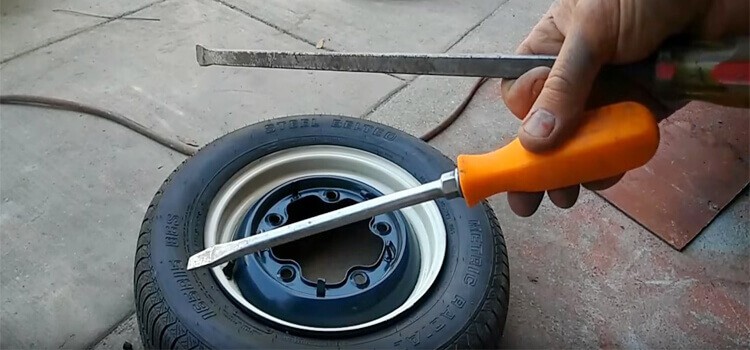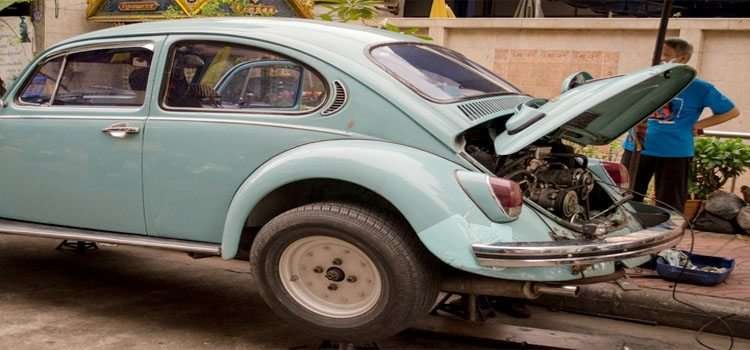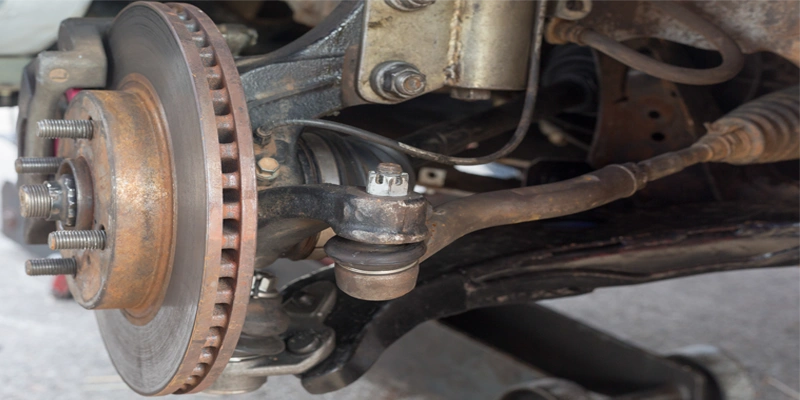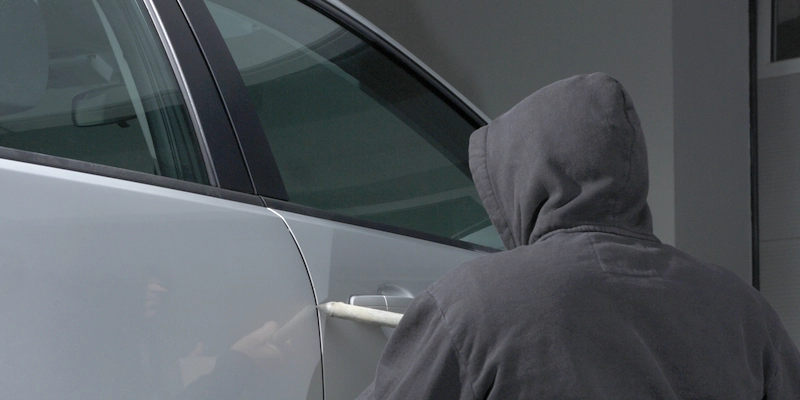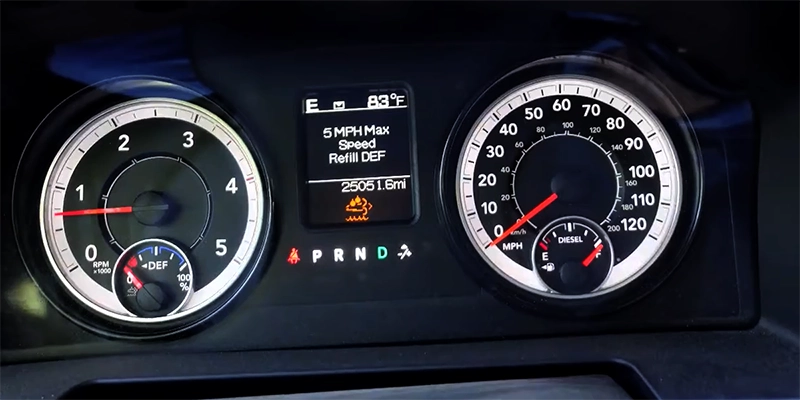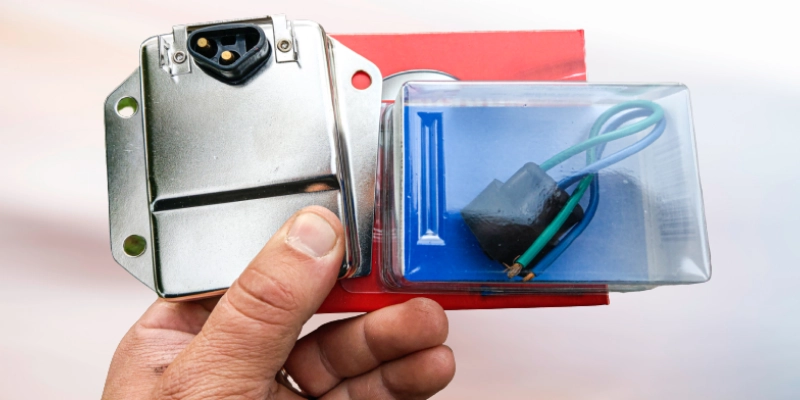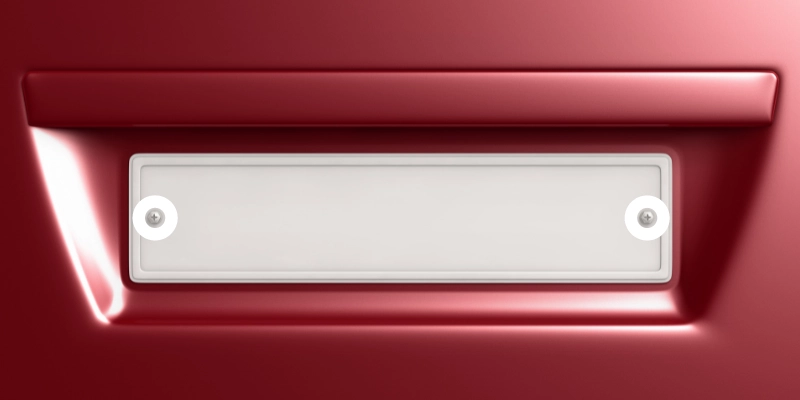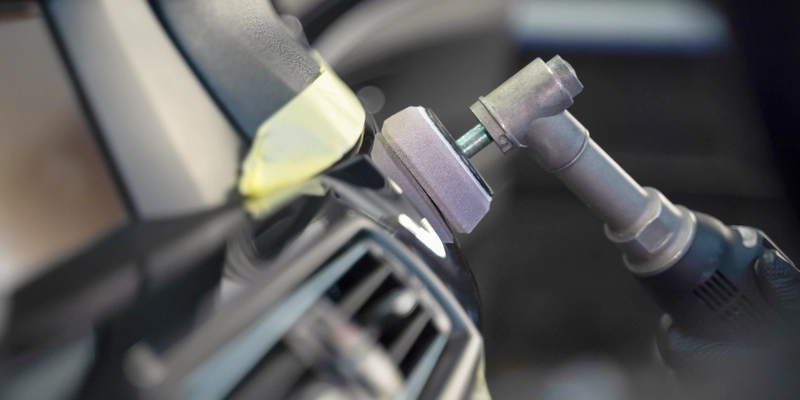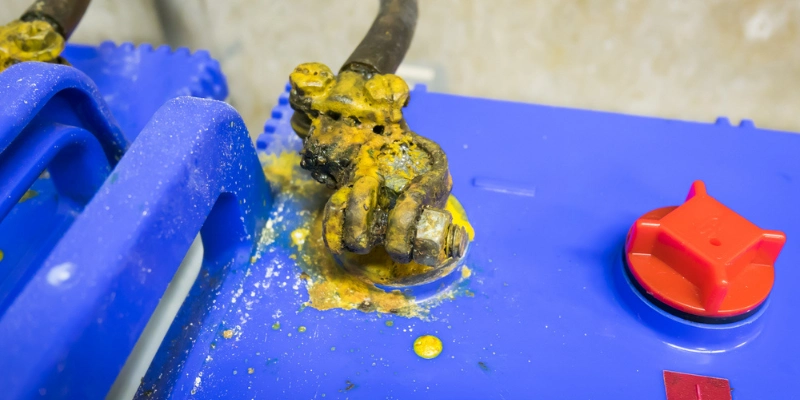A car rattling noise is a common issue that many vehicle owners experience.
This noise can be a sign of various problems, ranging from minor to severe. It’s crucial to address these noises promptly to prevent further damage and ensure your vehicle’s optimal performance.
What is a Car Rattling Noise?
A car rattling noise is a sound that you may hear coming from your vehicle.
This noise often sounds like a loose piece of metal shaking or a rapid series of small impacts. It can occur while the car is in motion, at idle, or when the car is accelerating.
There are different types of car rattling noises, each with its unique characteristics. These noises can be continuous or intermittent, loud or soft, and can occur in various parts of the vehicle.
Understanding these noises can help you identify potential issues with your car.
Common Causes of Car Rattling Noise
Car rattling noises can be caused by a variety of issues. Here are some common causes:
- Loose components: Over time, parts of your car may become loose due to wear and tear. This can include everything from loose screws and bolts to larger components like the exhaust system.
- Engine issues: Problems with the engine, such as a loose timing chain or a failing bearing, can cause a rattling noise. These issues can be serious and should be addressed immediately.
- Exhaust system problems: The exhaust system is another common source of rattling noises. Loose or damaged exhaust pipes, mufflers, or heat shields can create a rattling sound.
- Suspension problems: The suspension system in your car is made up of various components that can wear out or become damaged. This can result in a rattling noise, especially when driving over bumps or uneven surfaces.
- Brake issues: If you hear a rattling noise when you apply the brakes, it could be due to a problem with your brake system. This could be something as simple as a loose brake pad or something more serious like a failing brake component.
Each of these issues can cause a distinct rattling noise, and understanding these sounds can help you identify and address the problem effectively.
How to Identify the Source of the Rattling Noise
Identifying the source of a car rattling noise can be a challenging task. Here are some steps you can take:
- Listening for the noise while driving: Pay close attention to when and where the noise occurs. Does it happen when you accelerate, brake, or turn? Is it more noticeable over bumps or on rough roads? These details can provide valuable clues about the source of the noise.
- Visual inspection: If you’re comfortable doing so, you can perform a visual inspection of your car. Look for any loose or damaged components that could be causing the noise. Remember to check under the car and under the hood.
- Professional diagnosis: If you’re unable to identify the source of the noise, it may be best to seek professional help. A trained mechanic can use specialized tools and expertise to accurately diagnose the problem.
The Dangers of Ignoring a Rattling Noise
Ignoring a car rattling noise can lead to serious consequences. Here are some potential risks:
- Potential damage to the car: If the source of the noise is a loose or damaged component, ignoring the problem could lead to further damage. This can result in more expensive repairs down the line.
- Safety risks: Some rattling noises can be a sign of serious issues, such as problems with the brakes or suspension. These issues can affect the car’s performance and safety, putting you and others at risk.
In conclusion, a car rattling noise should never be ignored. It’s important to identify and address the problem promptly to maintain your car’s performance and ensure your safety on the road.
How to Fix a Car Rattling Noise
Fixing a car rattling noise can range from simple fixes to more complex repairs. Here are some common solutions:
- Tightening loose components: If the noise is caused by loose components, tightening them may solve the problem. This can be done with basic tools and a bit of know-how.
- Repairing or replacing damaged parts: If a part is damaged or worn out, it may need to be repaired or replaced. This can often be done at home if you’re comfortable with car repairs. However, some parts may require professional installation.
- Professional repairs: If the problem is complex or if you’re not comfortable doing the repairs yourself, it may be best to seek professional help. A trained mechanic can accurately diagnose and fix the problem.
When to Seek Professional Help
Knowing when to seek professional help is crucial when dealing with a car rattling noise. Here are some signs that it’s time to consult a mechanic:
- The noise persists or gets worse after attempting to fix it yourself.
- The noise is accompanied by other symptoms, such as a decrease in performance, unusual smells, or warning lights on your dashboard.
- You’re not comfortable performing the necessary repairs yourself.
The importance of timely repairs cannot be overstated. Ignoring a rattling noise can lead to more serious problems and potentially costly repairs down the line.
The Cost of Repairing a Rattling Noise
The cost of repairing a car rattling noise can vary greatly depending on several factors:
- The severity of the problem
- The specific part or parts that need to be repaired or replaced
- Whether you do the repairs yourself or hire a professional
On average, you can expect to pay anywhere from $100 to $500 for professional repairs. However, this is just a rough estimate. The actual cost can be lower or higher depending on the factors mentioned above.
Preventing Car Rattling Noise
Preventing a car rattling noise is often easier and more cost-effective than fixing one. Here are some preventive measures you can take:
- Regular maintenance: Regularly servicing your car can help prevent many common issues that can cause a rattling noise. This includes changing your oil, checking your fluids, and inspecting your brakes and tires.
- Proper driving habits: Avoiding aggressive driving can help prevent wear and tear on your car. This includes avoiding rapid acceleration and deceleration, not overloading your car, and avoiding potholes and other road hazards.
Final words
A car rattling noise is a common issue that can be caused by a variety of problems.
It’s important to address these noises promptly to prevent further damage and ensure your vehicle’s optimal performance.
Whether you’re able to fix the problem yourself or need to seek professional help, understanding the causes and solutions can help you make informed decisions about your car’s maintenance and repair.
 Skip to content
Skip to content
